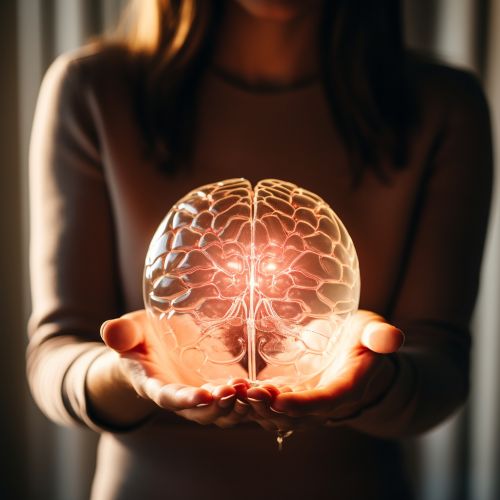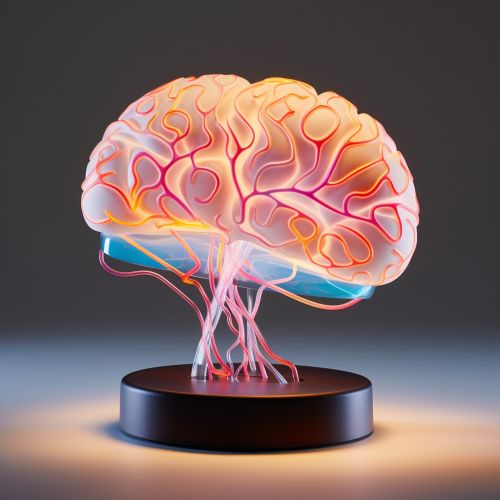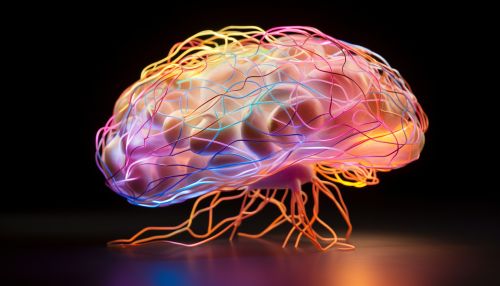Cognitive Science
Overview
Cognitive science is an interdisciplinary scientific study of the mind and its processes. It examines what cognition is, the operation of cognition, and how cognition can be modelled. Cognitive science draws from a wide spectrum of disciplines, including psychology, artificial intelligence, philosophy, neuroscience, linguistics, anthropology, sociology, and education. It spans many levels of analysis, from low-level learning and decision mechanisms to high-level logic and planning; from neural circuitry to modular brain organization 1(https://www.cambridge.org/core/journals/behavioral-and-brain-sciences/article/abs/what-is-cognitive-science/6FD9F4166A7C1B75A26BE63DDA9B6274).


History
The term "cognitive science" was coined by Christopher Longuet-Higgins in his 1973 commentary on the Lighthill report, which concerned the then-current state of Artificial Intelligence research. In the same decade, the Cognitive Science Society was formed and the journal "Cognitive Science" began publication. In the early years, the society and journal served as a central point for interdisciplinary collaboration in cognitive science, including linguistics, psychology, artificial intelligence, philosophy, neuroscience, and anthropology. The establishment of these institutions was soon followed by the creation of cognitive science programs in universities around the world 2(https://www.jstor.org/stable/1746870).
Disciplines Involved
Psychology
Psychology, particularly cognitive psychology, is a core discipline in cognitive science. It studies mental processes such as "perception," "attention," "language," "memory," and "thinking," and how these are related to the brain and behavior. Cognitive psychology is also a valuable source of theoretical perspectives for other cognitive sciences 3(https://www.jstor.org/stable/1423012).


Artificial Intelligence
Artificial Intelligence (AI) is a key discipline within cognitive science that focuses on creating machines or software that exhibit intelligence. AI researchers apply knowledge and techniques from computer science and mathematics to simulate and analyze human intelligence. They also contribute to cognitive science with insights into learning and intelligent behavior 4(https://www.sciencedirect.com/science/article/pii/S0004370202001212).
Philosophy
Philosophy contributes to cognitive science in several ways. It provides a critical analysis of the fundamental concepts used in the field, such as "intelligence," "mind," and "knowledge." Philosophy also offers perspectives on issues about the nature of cognition and perception 5(https://plato.stanford.edu/entries/cognitive-science/).
Neuroscience
Neuroscience studies the nervous system and, in the context of cognitive science, it focuses on how the brain supports mental processes. Using techniques such as neuroimaging and computational modeling, neuroscientists provide insights into the physical basis of cognition 6(https://www.annualreviews.org/doi/abs/10.1146/annurev.neuro.27.070203.144137).


Linguistics
Linguistics, the scientific study of language, plays a significant role in cognitive science. It provides insight into how language is processed and represented in the mind and brain. Linguistics also contributes to our understanding of how language is acquired, how it interacts with other cognitive processes, and how it can be modeled computationally 7(https://www.jstor.org/stable/412891).
Anthropology
Anthropology contributes to cognitive science by examining how cognition varies across different human cultures. It provides insights into how cultural practices and learning shape cognitive processes 8(https://www.jstor.org/stable/2744101).
Sociology
Sociology, the study of human societies, contributes to cognitive science by examining how social structures and interactions influence cognitive processes. It provides insights into how social contexts shape and are shaped by cognition 9(https://www.jstor.org/stable/2094771).
Education
Education, as a discipline, contributes to cognitive science by applying the theories and findings of cognitive science to enhance teaching and learning practices. It also provides a context in which to apply and test cognitive theories 10(https://www.jstor.org/stable/23359555).
Key Concepts
Cognition
Cognition refers to the mental processes involved in acquiring knowledge and understanding. These processes include thinking, knowing, remembering, judging, and problem-solving. These are higher-level functions of the brain and encompass language, imagination, perception, and planning 11(https://www.sciencedirect.com/science/article/pii/B9780123750006002078).
Perception
Perception is the process by which organisms interpret and organize sensation to produce a meaningful experience of the world. It involves processes such as recognizing, interpreting, selecting, and organizing sensory information 12(https://www.jstor.org/stable/1412885).
Attention
Attention is the cognitive process of selectively concentrating on one aspect of the environment while ignoring other things. Attention is one of the most intensely studied topics within cognitive science 13(https://www.jstor.org/stable/1423012).
Memory
Memory is the ability to store, retain, and subsequently recall information. It is a critical aspect of cognition and is studied in depth in cognitive science 14(https://www.jstor.org/stable/1423012).
Language
Language is a system of symbols and rules used for complex communication. It is considered a distinguishing feature of humans and is a primary focus of cognitive science 15(https://www.jstor.org/stable/412891).
Research Methods
Cognitive science uses a variety of research methods to investigate cognition, including experimental procedures, computational modeling, neuroimaging, and case studies. These methods are often combined to provide a more comprehensive understanding of cognitive processes 16(https://www.jstor.org/stable/1423012).
Applications
The findings of cognitive science have applications in many areas, including artificial intelligence, human-computer interaction, linguistics, education, marketing, and clinical psychology. These applications often involve the development of more effective learning strategies, the creation of AI systems, the design of ergonomic systems, and the treatment of cognitive disorders 17(https://www.jstor.org/stable/23359555).
See Also
- Artificial Intelligence - Neuroscience - Psychology - Linguistics - Philosophy of Mind
